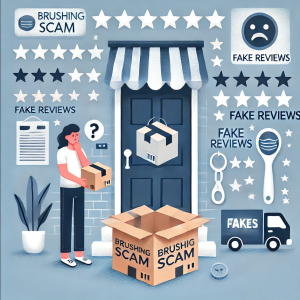I think people need to know the truth about VPN services. They don’t actually give you full protection. All they really do is hide your activity from your internet provider. That’s it. If you log into a website or visit different sites that are somehow connected, those sites can still figure out who you are by looking at your cookie history and the data from that same session, even if you’re using a VPN.
The only way to truly protect your identity is by using two completely separate computers on two different networks, and never logging into the same accounts or services on both. This keeps any data from crossing over. Right now, there is no way to do this effectively on a single computer, and the VPN services being pushed out there do not protect against this type of tracking.
People also need to understand what a VPN actually does. It mainly protects you from someone intercepting your connection, like a man in the middle attack. But most of the time, these kinds of attacks happen inside your browser or through fake websites. So if you enter your login info on a lookalike site, the VPN cannot protect you. They can still get your credentials and possibly your IP address.
To make it worse, using a VPN might break the rules of some websites. Since it gives you a different IP address and makes it look like you are somewhere else, it can violate the terms of service, and in some cases, even local laws.
The best way to stay protected is to build better habits. Do not use the same browser for everything. Use one just for banking and medical stuff, and another for things like videos or social media. If you can, set up different browser profiles or accounts to keep things separate. That helps stop your data from mixing across different tasks.
In the end, real protection is not just about using a tool. It is about being smart. Learn how scams work, stay alert, and be cautious about what you click or where you log in. That kind of awareness is what really keeps you safe online.




